In this six part series of ‘Raising A Wholesome Preschooler’, Kristie Lim, Principal & Co-Founder of Mind Stretcher Education Group shares with us what encompasses a wholesome preschooler.
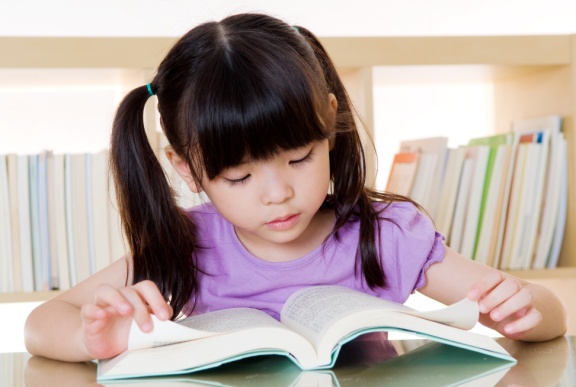
Part 2: Literacy Development in Children – Vocabulary and Phonological Awareness
We seldom hear of parents feeling stressed when they are raising their pre-schoolers. Parents who complain about being stressed out by their children’s education are almost invariably those who have children in primary school. Why is this so?
The reason is that upon entering primary school, the children are not equipped with the necessary skills for our primary school education system. And what skills are these?
The Ability To Read
One of the most important skills is the ability to read. Apart from the different second languages that children of different races would have to study, the medium of instruction for every other subject, be it Mathematics, Science, Social Studies, Music, Art and Craft, et cetera, is English. Children entering primary schools “not ready to succeed” are usually lacking the necessary language and reading skills.
The development of language and literacy skills begins at birth. Early literacy skills begin to develop in the first 5 years of life. A child’s early experiences with books and the language lay the foundation for success in learning to read. Young children need a variety of skills to become successful readers.
So what are the skills they need in order to be a successful reader?
1. Vocabulary or knowing the names of things, is an extremely important skill for children to have when they are learning to read.
Help develop your child’s vocabulary by reading a variety of books with him or her, both fiction and non-fiction, and by naming all the objects in your child’s world.
I remember when I was out with my children when they were babies or toddlers, taking evening strolls or at shopping centres or market places, I would carry them in my arms, rather than push them in strollers. I treasured the opportunity to look them in the eye and interact with them at eye level. Many learning opportunities took place during times like these. I was able to point out things and introduce new vocabulary to them and at the same time, enjoy the parent-child bonding session.
A stroller was on hand at all times, but used only when they are tired out and want to sleep. Many a time, I see both parents pushing their child in the stroller, busy talking to each other while their child is left to his or her own devices, deprived of mental stimulation that could have come from parent-child interaction. I lament the fact that a golden learning opportunity had just slipped by for the child. The same amount of time would have passed anyway while strolling, so why not kill two birds with one stone and enrich your child at the same time? He or she might not come across those objects again, or if he or she does, it would then serve as reinforcement of what he or she had learnt earlier.
2. Phonological awareness is the ability to hear and manipulate the smaller sounds in words.
It includes the ability to hear and create rhymes, to say words with sounds and the ability to put two or more letters together to make a word. Most children who have difficulty in reading are not phonologically aware. It is never too early for a child to learn phonics.
My eldest son recognised all the letters in the alphabet within a month after he turned 1. He progressed swiftly to phonetically pronounce the 26 letters in the next month and went on to 2-letter blends thereafter. He was reading rather well by the age of 1.5 years old. You may say that my son is lucky to be born a fast learner. Every child is different. However, as parents, regardless of what nature has bestowed upon our children, we should, to the best of our ability, provide him or her with opportunities to learn before letting further development take its own course.
Raising A Wholesome Preschooler Series
Part 1: What Makes A Wholesome Preschooler
Part 3: Word Recognition
Part 4: Bilingualism
Part 5: Public Speaking And Confidence Building
Part 6: Character Building & Moral Education
By Kristie Lim, Principal & Co-Founder of Mind Stretcher Education Group
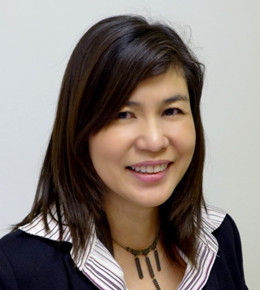 Kristie is a double-degree holder from the National University of Singapore and the University of London. She is both a trained accountant and a lawyer, and holds a Certificate in Early Childhood Education. Since leaving the legal profession, she has immersed herself full-time in Mind Stretcher. Besides being in charge of operations, she also helps develop the curricula for Science and Mathematics. Her eldest son is the 2012 President’s Scholar and a very outstanding all-rounder and perennial prize winner at Raffles Institution and the very prestigious Wharton Business School.
Kristie is a double-degree holder from the National University of Singapore and the University of London. She is both a trained accountant and a lawyer, and holds a Certificate in Early Childhood Education. Since leaving the legal profession, she has immersed herself full-time in Mind Stretcher. Besides being in charge of operations, she also helps develop the curricula for Science and Mathematics. Her eldest son is the 2012 President’s Scholar and a very outstanding all-rounder and perennial prize winner at Raffles Institution and the very prestigious Wharton Business School.
For more information, go to mindstretcher.com.
This article was first published in The New Age Parents e-magazine.
* * * * *
Like what you see here? Get parenting tips and stories straight to your inbox! Join our mailing list here.
Want to be heard 👂 and seen 👀 by over 100,000 parents in Singapore? We can help! Leave your contact here and we’ll be in touch.




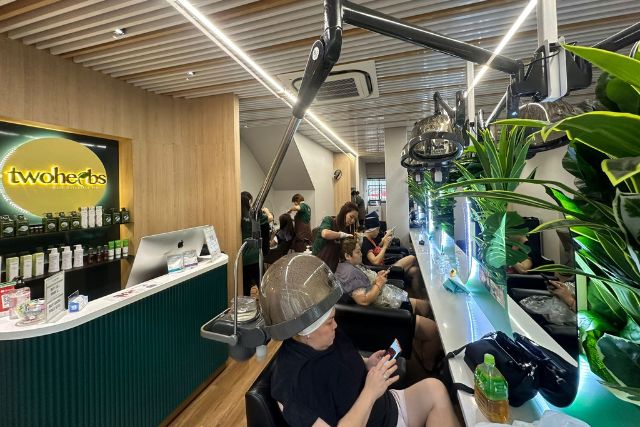





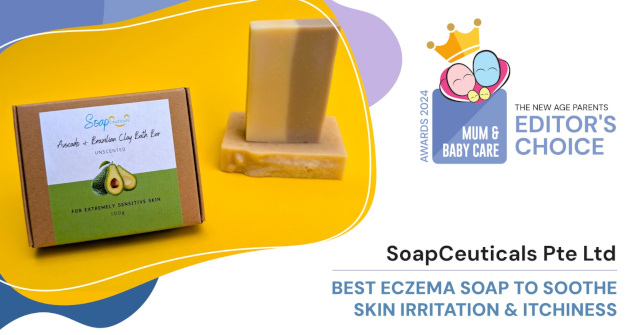
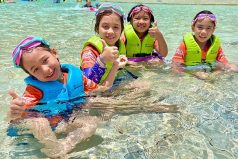
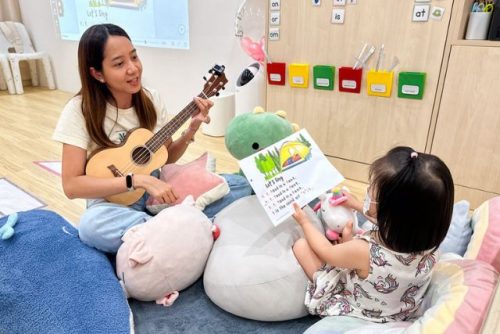

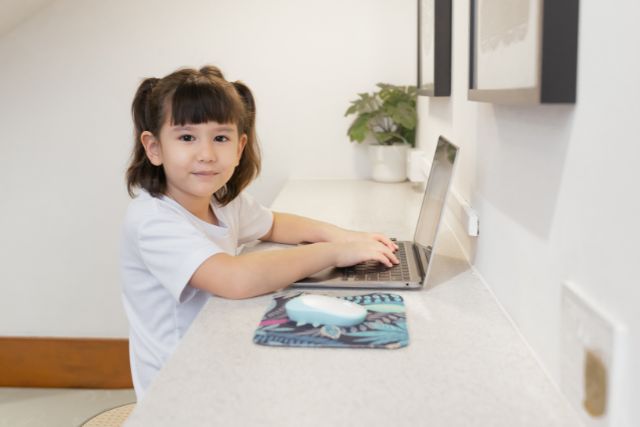
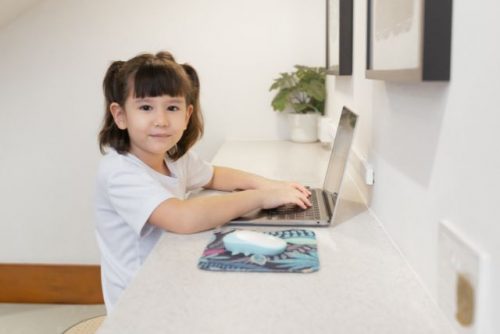
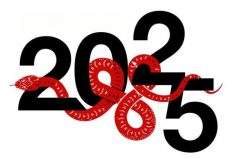
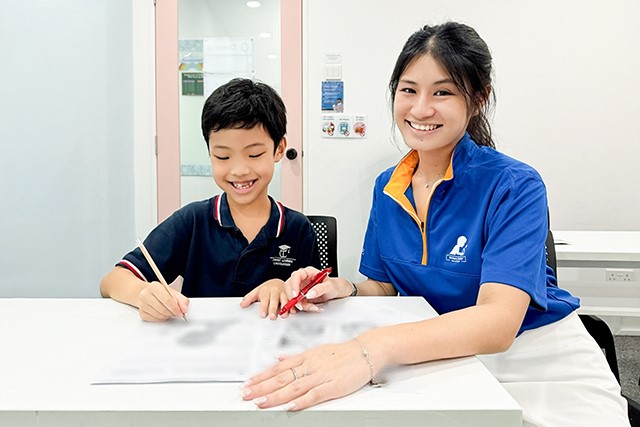
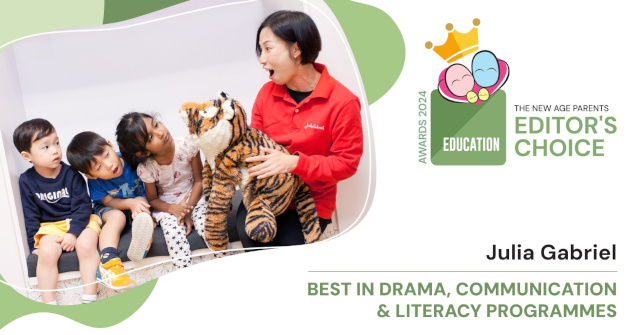


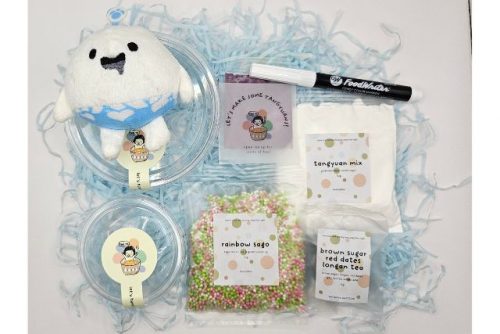


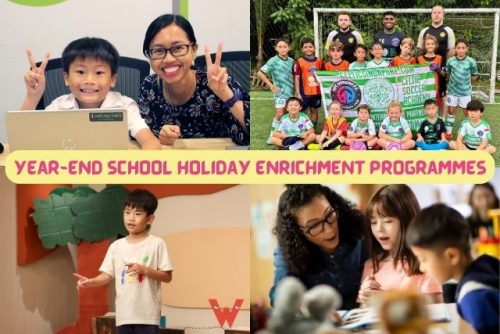


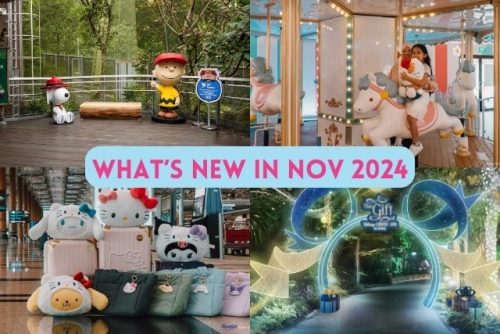
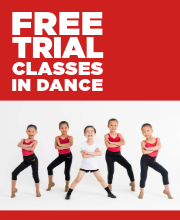







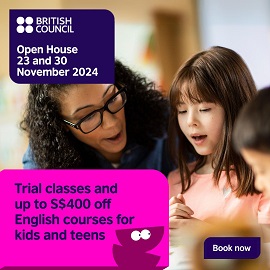
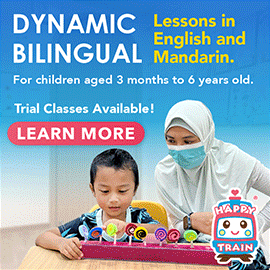


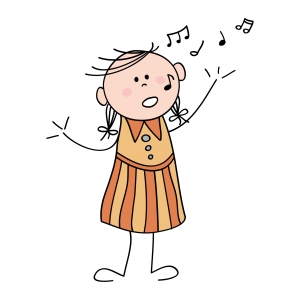

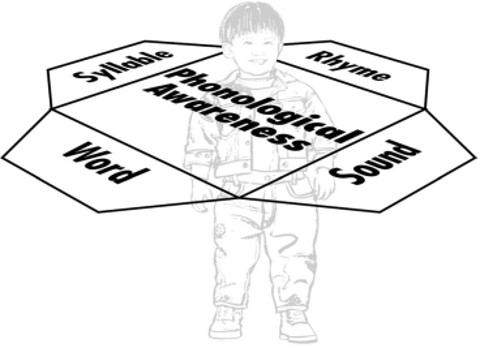
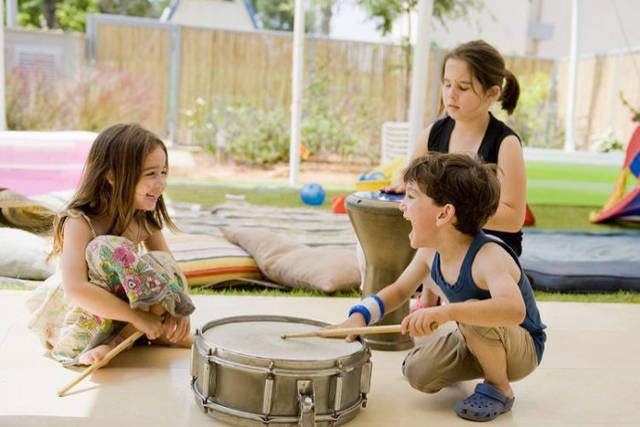
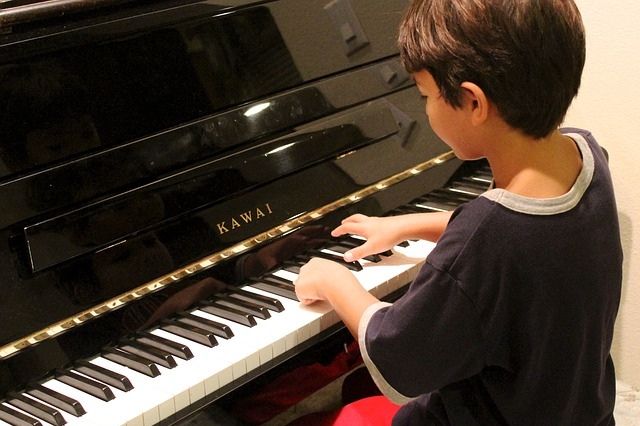


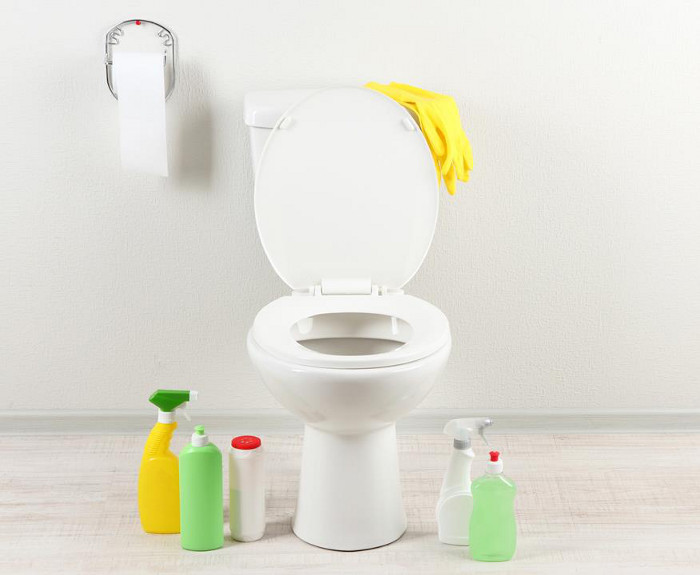

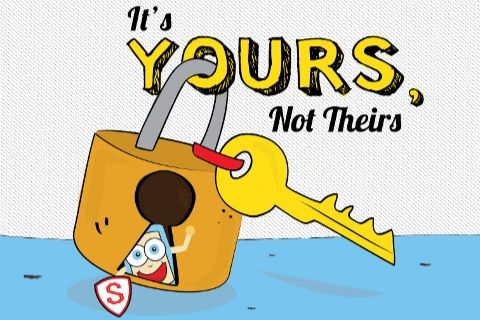
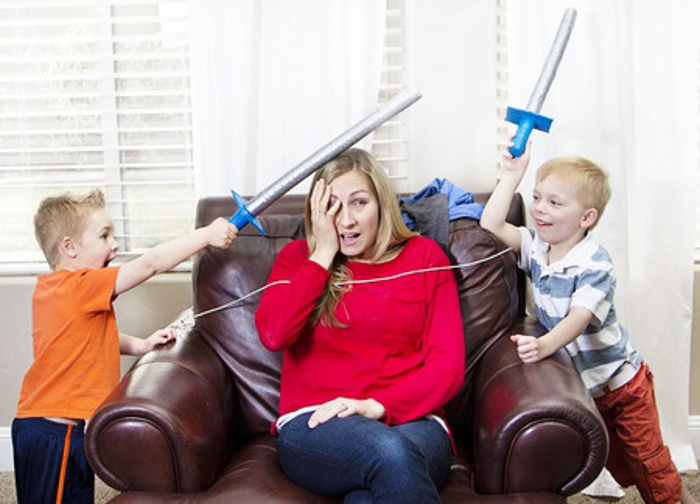




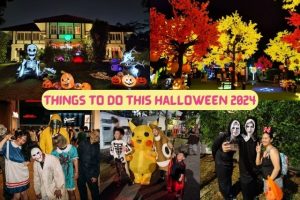
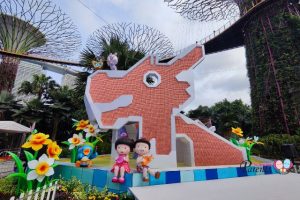



Leave a Comment: